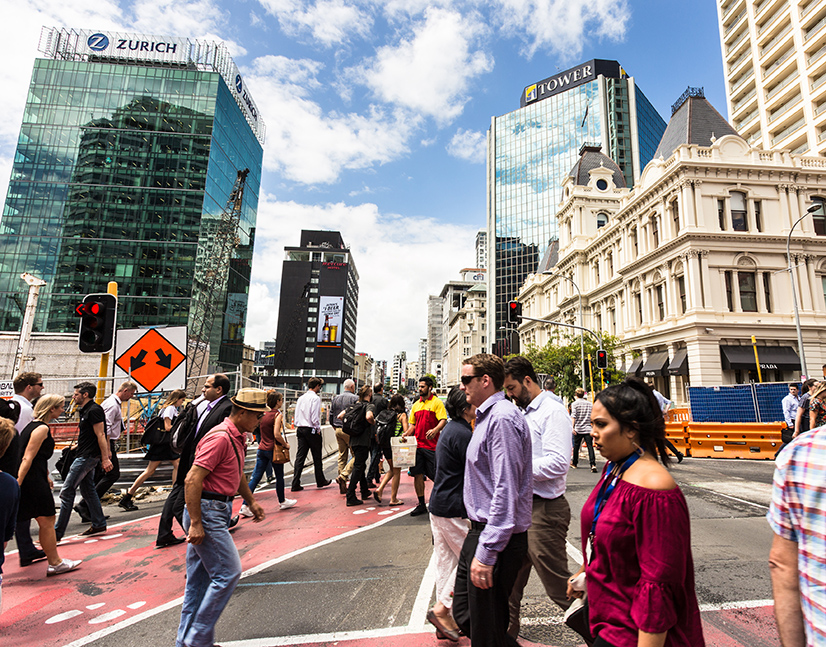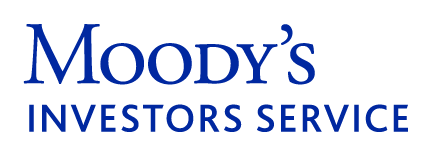
The COVID Diaries: New Zealand service provider 1
The following interview is with a New Zealand-based service provider to the debt capital markets. It was conducted on 11 May 2020.
New Zealand is officially the envy of the world, having lifted its social distancing restrictions completely. How have you taken advantage so far, and what can you see unfolding over the next couple of months?
What is happening, to the best I can see, is that we are rethinking the way we do things. The way we work and the way we interface with the world has changed, much the same as it has for everyone else in the world.
With all this time, you do a bit of soul searching. What is interesting to me is that with all the good quality communication, and the popularity of Jacinda Ardern among all this, New Zealand is beginning to look seriously at the fiscal situation. People are understanding that any stimulatory measures need to be targeted and instigated with a long-term view to effect some change.
We have a very popular prime minister. But, now the country is looking for a plan to grow its way out of this, the National Party is presenting what is probably a more credible approach and narrative. I wonder whether, even after all the good work the government has done here, we might see a change of government at the election in September.
From the outside looking at New Zealand, that seems like it would be an extraordinary result.
Putting aside things relating to international travel and the economic consequences of closed borders, how close to normal is day-to-day life in New Zealand? Is there any reason to retain caution around things like going back to office working?
If this were a normal recovery situation, I would be going out and having coffee or lunch with people – the things you would do in a normal relationship-building process. But people are very aware of spending money – particularly corporate spending.
I think a lot of people also appreciate their home time a lot more now. I would not be surprised to see situations where businesses allow people to work from home three days per week and then come in when they have meetings. I think this would fit with people’s current willingness to be social.
“My gut feeling, and what I can gauge from speaking with other people, is that this could be a very deep and prolonged problem if we cannot mobilise capital and direct it to the right areas.”
How confident are you about the scale and pace of economic recovery?
I am not sure whether I am bullish or bearish. My gut feeling, and what I can gauge from speaking with other people, is that this could be a very deep and prolonged problem if we cannot mobilise capital and direct it to the right areas.
I think we need credible central planning happening quite quickly to build people’s confidence. After the Christchurch earthquake in 2011, there was a lot of inertia driven by stagnant decision making and from having too many decision-makers in the mix. This process dragged on and on and on.
This is obviously different, but it still requires a significant amount of capital going to the right areas of the economy and we cannot afford to see that same stagnation.
How worried are you, if at all, about the possible return of COVID-19?
However, we are now used to the idea of having to protect at all costs. I think the process of identifying and isolating any parts of the community where it is necessary will be better and this should help stop community infection.
Was elimination the right strategy – and, if so, will you still think so if New Zealand has to keep its borders closed for what could be a matter of a year or more to maintain a COVID-free environment?
I think the total lockdown was important, but the economic effects will be felt for a long time. It is how we respond to the further outbreaks, if and when they occur, that matters from here. We will open our border with Australia which is something that is at least controllable and will allow a small amount of tourism traffic in.
KangaNews is your source for the latest on the COVID-19 pandemic’s impact on Australasian debt capital markets. For complete coverage, click here.














